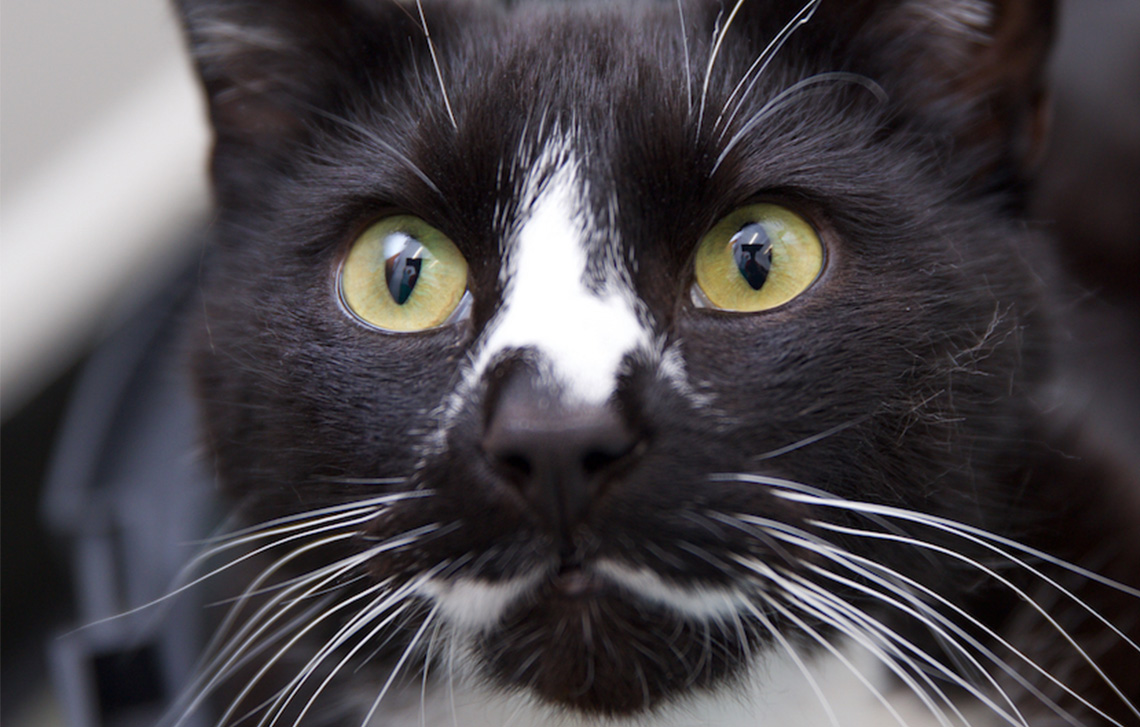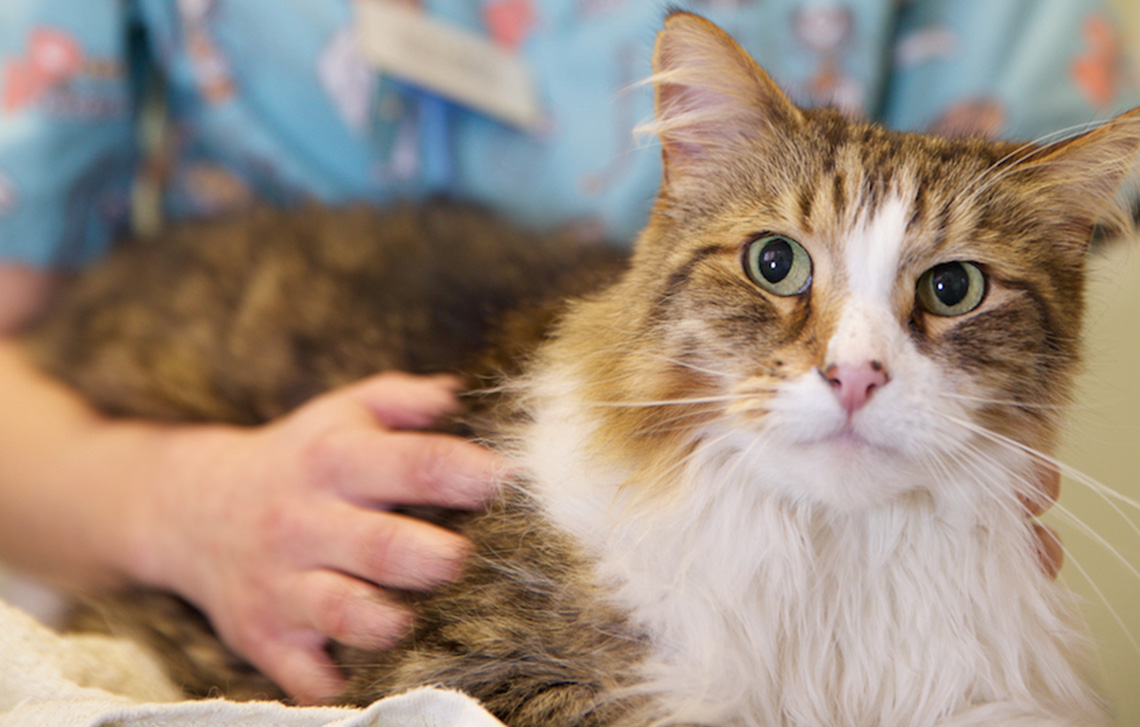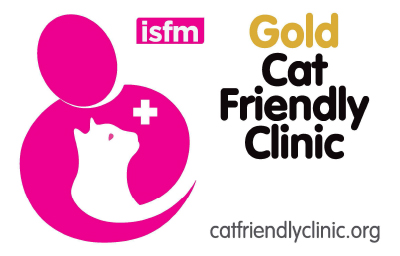It’s fair to say searching for cat insurance can be a bit of a minefield! How do we know what the best policy is for our purrfect cat? I did some research and searching one comparison site for a 3 month old male kitten with no previous illnesses and cover for accident and illness up… Read more »
It’s fair to say searching for cat insurance can be a bit of a minefield! How do we know what the best policy is for our purrfect cat? I did some research and searching one comparison site for a 3 month old male kitten with no previous illnesses and cover for accident and illness up to £5,000 per year, came up with 34 policies. What’s more, the policies cover type range from lifetime, time limited and cover per condition.
What can pet insurance cover?
Depending on your insurer and the cover you have purchased your pet insurance can cover a range of things from an accidents, dental treatment or to a lifetime illness like diabetes. Naturally not having a crystal ball we cannot predict what unexpected issues might arise in our cats so it is important to know what cover you want and what is affordable.
So what do the cover types mean?
Lifetime
Lifetime pet insurance is the most comprehensive pet cover you can get, and could pay vet fees for your cat for the whole of your pet’s life. Lifetime cover can be the most expensive pet insurance, but it gives you peace of mind that ongoing conditions are catered for forever.
Time Limited
Time limited pet insurance, which can also be called 12 month or annual policies, cover you for vet fees over a 12 month period from the date your pet’s illness or injury first appeared for the time period stated.
After this, if your pet still needs treatment or medication you’ll be responsible. This is the most basic of illness-related pet insurance, but can be invaluable if you can’t afford the more expensive covers, such as lifetime pet insurance.
Per Condition
Per condition policies are also known as Benefit Limited or Maximum Benefit policies. These policies impose a maximum benefit per condition so if your pet develops an ongoing illness such as diabetes, once the maximum cover amount is reached, that condition will then be excluded from any further claims.
There is often no time limit applied to these policies and the time taken to reach the maximum for each condition will vary depending on the nature and severity of the condition itself but once the maximum amount has been paid out you will need to be prepared to fund the ongoing treatment yourself. Each condition will have its own limit, so it is feasible that you could be claiming for more than one condition at the same time.
Accident Only Policies
These policies do what they say, provide cover up to a certain monetary limit or period of time (whichever comes first) for an accidental injury only. Claims for illnesses are not covered.
Pet Insurance vs. Self Insurance?
Many people tell us they self -insure by saving a set amount each month to pay for potential vet bills. If this is something you do decide to do, there are a few things to be aware of:
-
You would need to be disciplined and think about how much you can afford to put by each month, and ensure it is put aside!
-
The money you save would be in addition to what you spend on routine things like vaccinations, teeth cleaning and flea treatment
-
The average cost of insuring a cat in a low-risk area is around £180 a year. If you saved this amount each year it would give you £1800 after 10 years. If your cat develops a chronic condition it could cost you thousands of pounds in treatment and it would then be very difficult to then find an insurer for your cat as the condition is pre-existing
-
What would happen if your cat got injured or unwell after one year of saving? £180 would not be enough to cover an operation, or long term medication which would mean you would need to fund this yourself
We recommend a lifetime cover policy as any illness/accident that isn’t already pre-existing should be covered by a lifetime plan. It’s also important to keep your pet insured for its lifetime as one of the most common mistakes people make is to insure their cats for the beginning of their life, luckily not needing to claim, deciding in their later years that it isn’t needed and then their cat gets Hypothyroidism (1 in 10 chance).
For example if you have a 12 year old cat that gets hyperthyroidism, the condition could potentially cost over £5000 to treat. If don’t have insurance would you have the funds to cover this? Whereas if you had insurance that might cost you £30 a month, with only the excess and possible % in contribution towards the bill, the ability to care for your beloved pet isn’t so difficult.
Pre-existing conditions
Pre existing condition is where your cat has had an illness, injury or been seen for signs of possible illness or injury before the insurance policy started. You must declare any pre-existing conditions when trying to get insurance for your pet otherwise the policy might be void. If your pet does have a pre-existing condition don’t let this put you off, you might still be able to find a company to insure your cat, although it’s very likely that you’ll not get any cover for the pre-existing condition.
Agria Insurance
At Cat’s Whiskers our preferred insurance provider is Agria.
Agria has been in business for 128 years starting with insuring Horses in 1890 to moving onto the first dog in 1924 with cats following a few years later. Agria only work with animals and have closely worked with the Veterinary profession right from the start and align their products with the latest veterinary thinking and animal treatments.
In 2014, International Cat Care recognised Agria as ‘Cat Friendly’, As an insurer, this singled them out for their extensive work to promote responsible animal care by developing specialist cat-focused insurance policies that are affordable, appropriate and relevant to cats and their owners. At Cat’s Whiskers we love this, you really can’t compare the health of your cat to a dog and your insurance should have the knowledge of this.
Here are a few benefits of Agria’s cat insurance –
-
They only offer lifetime insurance
-
97% of claims are paid direct to you or the vet.
-
5 weeks free insurance cover for kittens between 8 weeks and 18 months
-
50% towards the cost of clinical diets (excluding weight management diets)







